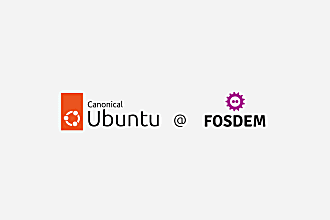Canonical
on 27 February 2013
App patterns applied : core utilities as rituals
We’ve been making great progress from both design and development on our four core utilities for Ubuntu on phones so, while we are iterating these concepts, we thought this was a good time to share more of the inspiration behind the apps designs. This helps us keep our goals in sight, not only on the design side but throughout development.
A day in the life
It’s morning. An alarm sounds. I turn over. I look at the clock. It’s going to be a busy day. I get out of bed.
I shower. I finish showering. I wonder what I should wear. I wonder what I will I do at the weekend. I check the weather.
It’s lunch time. We go to a restaurant. We pay. We work out the bill.
It’s evening. I check my todo list. I check my calendar. I’ve got a date. I send a message.
It’s night. I check the weather. I check my calendar. I check the time.

(Photo credits: heredfordcat, roberstinnett, Jacob Bijani and Phoenix Dark-Knight)
Sound familiar?
Without something to support these daily routines we think we’d be lost entirely, and we don’t think we’re alone in that!
The opportunity
The opportunity with the Clock, Weather, Calculator and Calendar apps on the Ubuntu phone is to create a consistent experience which impacts the daily lives of our users. A suite of apps that are used as part of a daily ritual; sophisticated, consistent and content focussed.
Let’s call them Ubuntu’s rituals

An alarm sounds. I turn over. I look at the clock.
The Clock app
- The same clock face for every feature; adjust with easy gestures.
- Something to delight; it’s the first thing you see in the morning and the last thing you see at night.
I wonder what I should wear.
The Weather app
- Check the weather today and yesterday, tomorrow and the weekend.
- Make it contextual; do I need my umbrella? (terribly British example!)
We work out the bill.
The Calculator app
- Tear off the strip of calculations and jot down your notes.
- It’s all about the task; this app helps you work out your budgets and bills, not the definition of Pi!
I check my todo list. I check my calendar.
The Calendar app
- Organise your life your way by month, week or daily diary.
- Again, it’s about the task and the context; use the calendar app as a todo list, a diary, a planner, a journal, a life log; and the calendar will behave how you need it to.
What does this mean?
When we design and build an app, we always have a key story in mind. Whenever we think “oh it’d be really cool if…” we remind ourselves of this story; therefore it helps us to produce an app that is simple, streamlined and delightful to use.
“Ubuntu rituals” inspired the concept of these four apps and we will use this to guide us through further iterations of both design and development.
So where can I see this?
Follow our development progress on Google+ as well as the usual places; the Ubuntu Phone mailing list and IRC channel.



